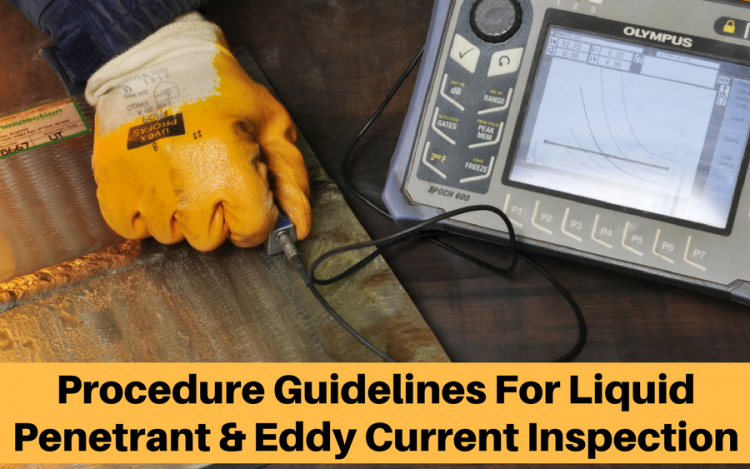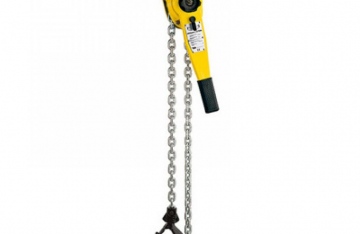NDT or non-destructive testing equipment suppliers are sharing their best knowledge about the procedures liquid penetrant and eddy current inspection. You will learn about the critical steps involved in the procedure of liquid penetrant method and eddy current inspection method. Read this article thoroughly to know what the experts have brought for you!
Liquid Penetrant Method
In liquid penetrant method, surfaces that need inspection should not have any type of coating, paint, grease, dust, dirt, or debris. The surface should be properly cleaned. It is vital to take good care of the surface and not to give extra damage during the cleaning process. If any damage occurs, the original surface nature could be disturbed and bring incorrect results along with the extra surface features interference during the cleaning process.
NDT Testing Equipment Used For Inspecting Corrosion Under Insulation
You can perform cleaning of surface using alcohol. You can even apply special chemicals like cleaner-remover if there is such need. Experts in this post are using cleaner remover. Once the cleaning is done, let the surface dry for 2 minutes.
Steps involved in the experiment are –
- Clean the surface with alcohol and let it dry for 5 minutes.
- Spray with liquid penetrant to the surface and brush for further penetration. Wait further for 20 minutes.
- Wipe the surface using a clean cloth and apply remover spray to clean the excess residues over surface and wait for a few minutes.
- Apply the developer spray, but make sure you maintain a distance of about 30 cm from the surface while spraying. The spray will absorb the penetrant that infiltrated to the surface features such as cracks, splits, etc. It reacts with the penetrant to form a geometric shape.
- You may collect the polymerized material on a sticky paper for future evaluation and relevance, if needed.
Now let’s move on to Eddy current inspection.
For this experiment, experts will use magnefest ED-51 0 type unit. They will use a pencil type prop for the inspection. Any coating or paint over the surface of the specimen should be treated with certain procedures.
- Inspection areas should be smooth, clean, free from grease, dirt, or uneven paint.
- No visible damage should be there
- The probe should be located near the inspection area
- Perform the inspection with probe scans
- Indication provided by indicator should be evaluated
- All indications evaluated with indicator deflections classified as cracks and be tracked.
Suppliers of Non-destructive testing equipment have shared their best knowledge about two procedures – liquid penetrant and eddy current inspection. If you have any question, ask in comments.




